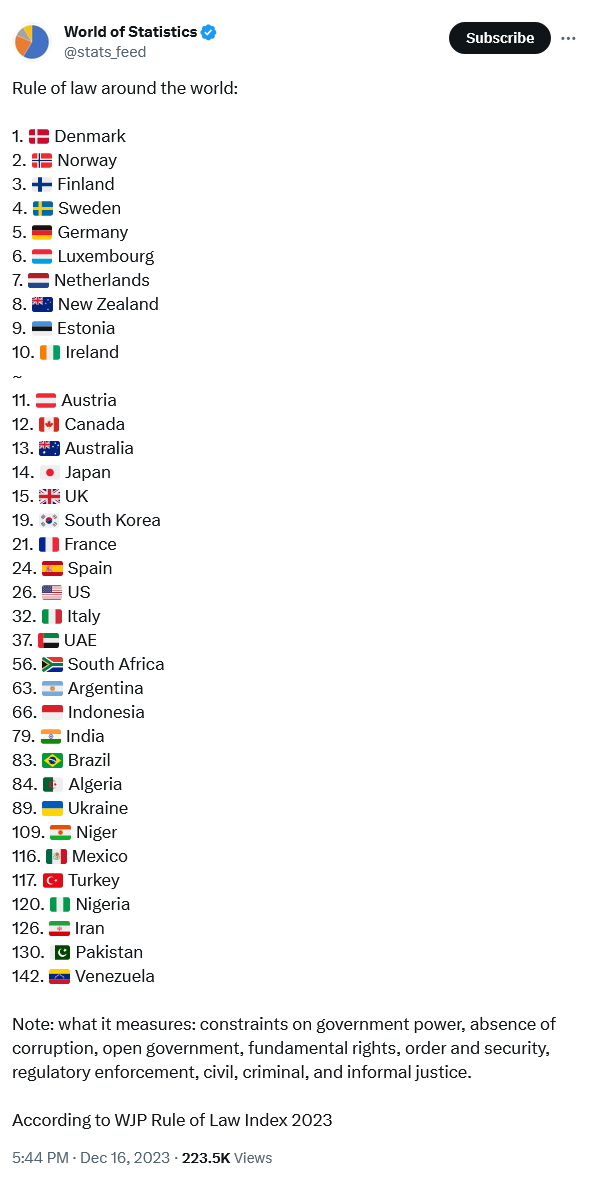 |
| Imran Khan’s evolving relationship with Pakistan's establishment shapes the future political landscape. |
In the ever-evolving landscape of Pakistan's political narrative, the complex relationship between Imran Khan and the establishment remains one of the most intriguing and multifaceted issues of our time. The political theater in Pakistan, woven with intricacies of power, influence, and a deep sense of history, is currently witnessing a pivotal chapter. Imran Khan, a leader who once enjoyed substantial backing from the establishment, now finds himself at odds with the very institution that helped elevate him to power. This tension has opened a broader dialogue about the nature of leadership, the role of institutions, and the future of governance in Pakistan.
Imran Khan's political journey is one that mirrors the aspirations of many in Pakistan—a desire for change, transparency, and a break from the status quo. His rise to prominence was not just the result of popular support but also of strategic alignment with the establishment, which saw in him a potential leader capable of steering the country towards a more stable future. However, like all power dynamics, the relationship between Imran Khan and the establishment was never static. It ebbed and flowed, shaped by changing priorities, internal politics, and external pressures.
The divergence between Khan and the establishment reflects a larger philosophical question about the nature of power. Can true leadership exist independently of institutional backing? Or is it always at the mercy of the broader power structures that shape a nation's political destiny? Imran Khan’s tenure as Prime Minister was marked by moments of great promise but also by periods of tension and conflict. His ambitious reforms, aimed at uprooting entrenched corruption and reshaping the political landscape, often collided with the interests of powerful factions within the establishment.
In recent times, the question of a potential settlement between Imran Khan and the establishment has gained momentum, with reports suggesting that external actors, such as Saudi Arabia and Qatar, may be mediating behind the scenes. But what drives these mediation efforts? To understand this, one must first appreciate the regional and international significance of Pakistan, a country whose stability is vital not only to its people but also to the broader geopolitical landscape of South Asia and the Middle East.
Saudi Arabia and Qatar, both key players in the Muslim world, have vested interests in ensuring that Pakistan remains stable. The political turmoil that has resulted from the rift between Khan and the establishment threatens to create an environment of uncertainty, which could have far-reaching consequences for the region. For these Gulf states, a stable Pakistan is crucial not only from a security perspective but also in terms of economic ties and labor markets. Pakistanis form a large portion of the workforce in both countries, and any prolonged instability in Pakistan could disrupt this balance.
However, beyond the immediate concerns of stability and labor, the mediation efforts reflect a deeper philosophical understanding of power and its limits. The establishment in Pakistan, like many such institutions around the world, operates within a delicate framework of control, influence, and adaptation. While it holds immense sway over political and military affairs, it is not immune to the changing tides of public sentiment and leadership shifts. Imran Khan, with his immense popularity and appeal to a broad swath of the Pakistani populace, represents a challenge to the traditional power dynamics. His ability to mobilize support, particularly among the youth and the diaspora, gives him a unique advantage, one that the establishment cannot simply ignore.
Yet, for a settlement to be reached, both parties must confront the philosophical and practical realities of their positions. Imran Khan must reconcile his vision of leadership with the institutional constraints that come with governing a nation as complex as Pakistan. The establishment, on the other hand, must recognize that true stability cannot be imposed solely through control; it requires a delicate balance of power, legitimacy, and public support.
This brings us to the broader question of what a potential settlement would look like. Would it be a return to the status quo, with Khan re-entering the political fold under the establishment’s auspices, or would it represent a more fundamental shift in the way power is distributed in Pakistan? The answer to this question is not just of national importance but also has profound implications for the region and beyond.
Imran Khan’s political philosophy is rooted in the ideals of justice, accountability, and a desire to create a "Naya Pakistan." These ideals, however, often clash with the pragmatic realities of power politics, where compromise, negotiation, and influence play a crucial role. For Khan, the challenge is to maintain the integrity of his vision while navigating the constraints of the establishment. For the establishment, the challenge is to manage a leader who has captured the imagination of millions without losing its grip on the levers of power.
The involvement of external mediators such as Saudi Arabia and Qatar adds another layer of complexity to this already intricate situation. Both countries have a history of involvement in Pakistan’s internal affairs, driven by a mix of strategic, economic, and religious considerations. Their role in facilitating a settlement between Khan and the establishment is not purely altruistic; it is shaped by their own interests in maintaining regional stability and ensuring that Pakistan remains a reliable partner in a volatile geopolitical landscape.
As we watch this drama unfold, it is important to remember that the relationship between Imran Khan and the establishment is not just a political issue; it is a reflection of deeper philosophical questions about leadership, power, and the future of governance. In many ways, it is a microcosm of the broader challenges facing democracies around the world: how to balance the will of the people with the realities of institutional power, how to ensure accountability while maintaining stability, and how to foster genuine leadership in a world that often rewards compromise over conviction.
In conclusion, the dynamics between Imran Khan and Pakistan’s establishment are emblematic of the complexities that define modern political life. As mediators work behind the scenes to broker a settlement, the stakes are high not just for Khan and the establishment but for the entire nation. The outcome of these negotiations will shape the future of Pakistan’s political landscape and offer valuable lessons on the nature of power, leadership, and the intricate dance between individuals and institutions.
Author:
Syed Salman Mehdi
LinkedIn
Email: salmanmehdi128@gmail.com
#ImranKhan #PakistanPolitics #Establishment #PowerDynamics #PoliticalMediation #SaudiArabia #Qatar #RegionalInfluence #PhilosophyOfPower #Leadership











